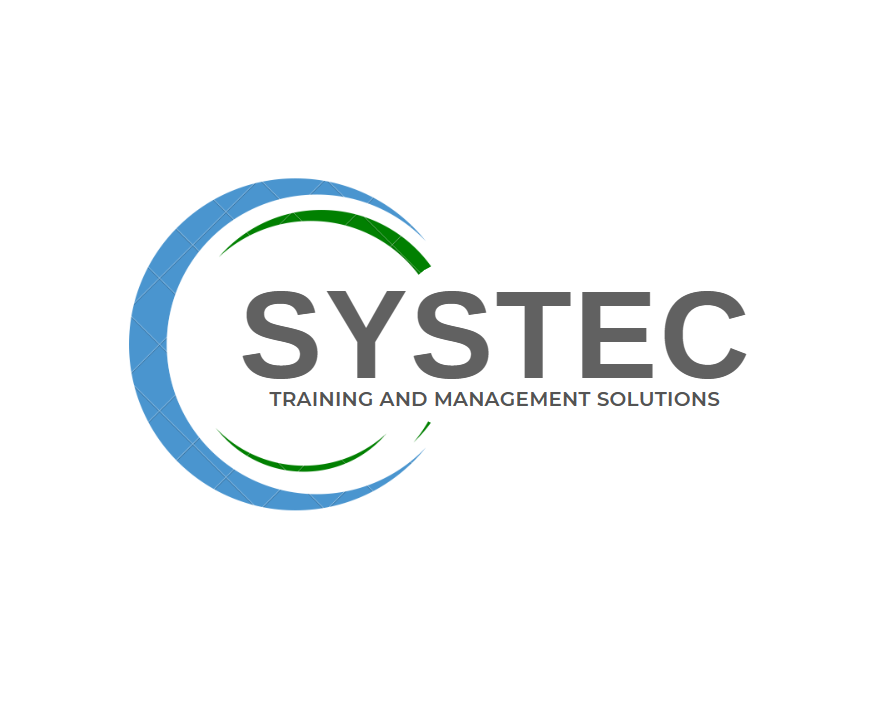HSR WHS Training (NSW)
Health and Safety Representative Initial OHS Training Course (5 Days)
The course is designed to enable HSRs to develop skills to represent the members of their Designated Work Group (DWG) and exercise their powers to make their workplace safer under the WHS Act.
The WHS Act 2011 provides the entitlement for a HSR to attend an initial course.
Employers under the WHS Act must allow a representative to attend an approved course on paid time, pay the cost of the course and must pay any other associated costs.
The role of the Health and Safety Representative (HSR) is primarily to liaise with other staff to identify health and safety issues and convey these to management. HSRs are elected by fellow staff to represent the views of the staff group.
Our Difference
Systec are leaders in OHS compliance working in the industry for over 25 years. Our courses provide relevant information, ongoing support, and efficient delivery.
Our professional trainers have experience in and out of the classroom providing the best experience for our students and empowering them to create safer workplaces.
Course Duration
- Option 1: Five days (back-to-back)
- Option 2: One day per week over five weeks
Course Outline
The key areas covered by this course include:
- Overview of the WHS legislative framework
- Duties of parties and others under the WHS Act
- SafeWork NSW’s Roles in
- Penalties for non‐compliance of the WHS Act
- Consultation and communication
- The role, entitlements and protections
- Resolving workplace health and safety issues
- Negotiation and conflict resolution
- Hazard identification
- Control measures
- Incident notification
- Issuing provisional improvement notices
- investigation of incidents and injuries
- Stop Work Directions
